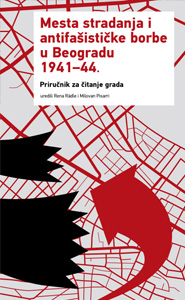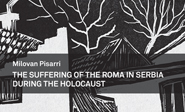Pretraga
Mesta stradanja i antifašističke borbe u Beogradu 1941-44.
The suffering of the Roma in Serbia during the Holocaust
Tag Archives: english
Remembrance in Transition. The Sajmište Concentration Camp in the Official Politics of Memory of Yugoslavia and Serbia
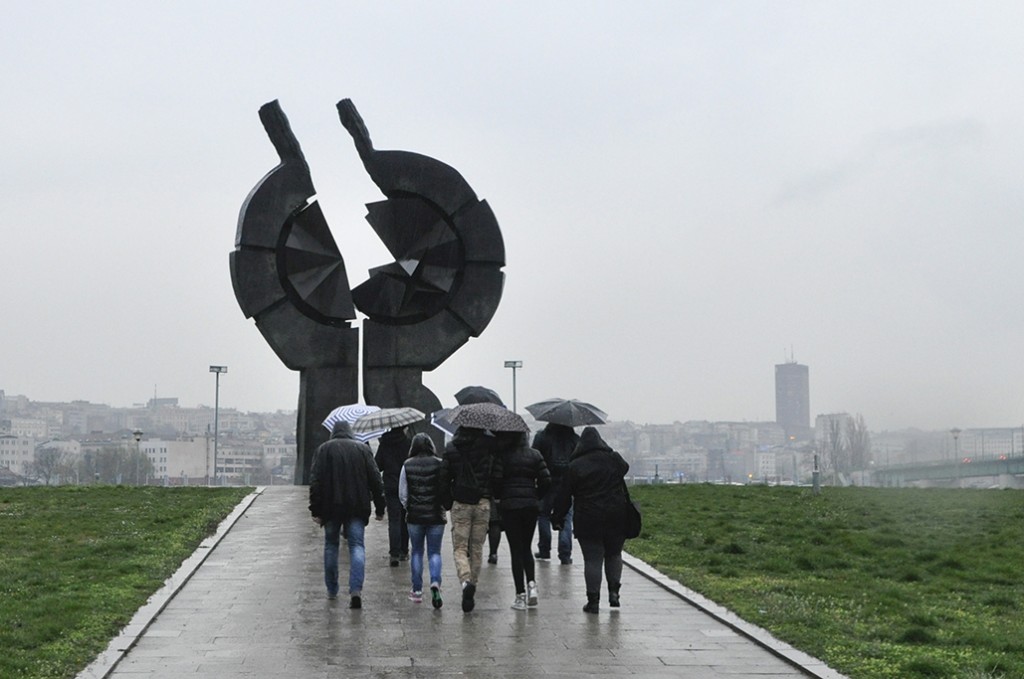 Immediately after World War II, volunteer brigades moved into the abandoned buildings of the Old Fair Ground, that had served as one of the most important concentration camps in Serbia under German occupation. Initiatives to establish a memorial site and exhibition like the kind set up in 1969 in Banjica, the other big camp in Belgrade, have all been fruitless. How can it be that all attempts to create an appropriate place of collective memory at this Holocaust site that was also the site of brutal repression against political prisoners and civilians from the whole of Yugoslavia have failed? Continue reading
Immediately after World War II, volunteer brigades moved into the abandoned buildings of the Old Fair Ground, that had served as one of the most important concentration camps in Serbia under German occupation. Initiatives to establish a memorial site and exhibition like the kind set up in 1969 in Banjica, the other big camp in Belgrade, have all been fruitless. How can it be that all attempts to create an appropriate place of collective memory at this Holocaust site that was also the site of brutal repression against political prisoners and civilians from the whole of Yugoslavia have failed? Continue reading
Posted in Članci
Tagged english, kultura sećanja, nasleđe socijalizma, Sajmište
Comments Off on Remembrance in Transition. The Sajmište Concentration Camp in the Official Politics of Memory of Yugoslavia and Serbia
Presentation of a new study on the Roma Genocide in Serbia
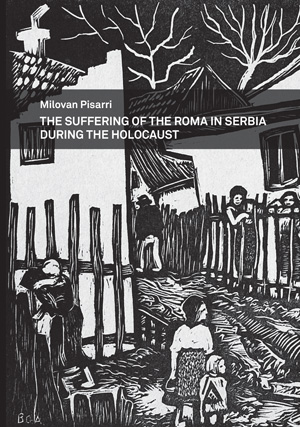 There is an alarming void in historiography when it comes to dealing with the Second World War: the Roma genocide. This problem and the history of the genocide against Roma in Serbia during World War II will be discussed by Milovan Pisarri during the presentation of his study “The Suffering of the Roma in Serbia during the Holocaust”, which will be held on 26th of November 2014 at 12 PM at the Institute for Philosophy and Social Theory in Belgrade, 45 Kraljice Natalije street. Continue reading
There is an alarming void in historiography when it comes to dealing with the Second World War: the Roma genocide. This problem and the history of the genocide against Roma in Serbia during World War II will be discussed by Milovan Pisarri during the presentation of his study “The Suffering of the Roma in Serbia during the Holocaust”, which will be held on 26th of November 2014 at 12 PM at the Institute for Philosophy and Social Theory in Belgrade, 45 Kraljice Natalije street. Continue reading
Posted in Dešavanja, Škola sećanja
Tagged anticiganizam, english, genocid, Holokaust
Comments Off on Presentation of a new study on the Roma Genocide in Serbia
The Holocaust in Serbia, Croatia and Bosnia-Herzegovina (1941- 1945)
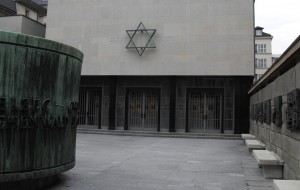
On March 23th 2014, an international symposium on the Holocaust in Serbia, Croatia and Bosnia-Herzegovina, was held at Mémorial de la Shoah in Paris.
In April 1941 the Kingdom of Yugoslavia was invaded by the German Army and split between several satellite states and occupation zones. Over the following 4 years, 80% of the Jewish population was exterminated. 70 years later, the Holocaust remains a source of memorial conflicts stirred up by the wars of the 1990s. How to explain the specific features of the Holocaust in that region of Europe? What are the recent historiographical developments? What are the main challenges of remembrance after the advent of peace ? Continue reading
Posted in Dešavanja
Tagged english, Holokaust, kultura sećanja
Comments Off on The Holocaust in Serbia, Croatia and Bosnia-Herzegovina (1941- 1945)

